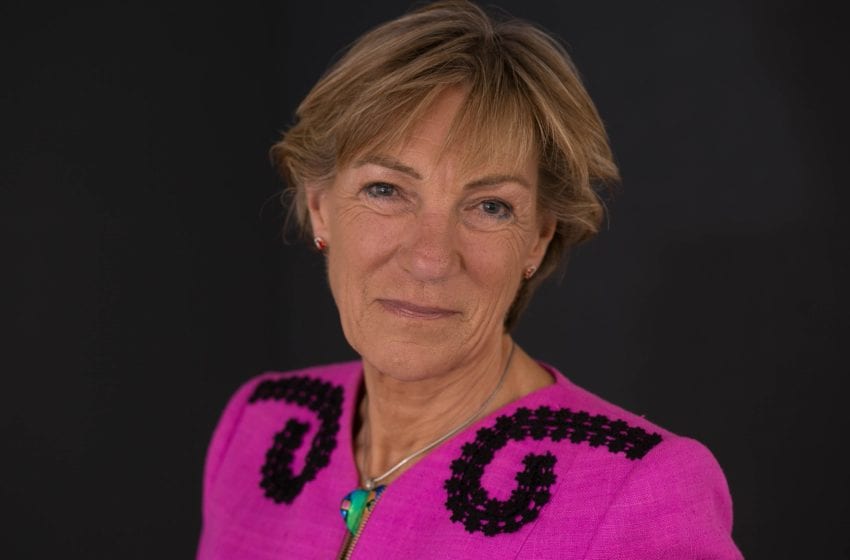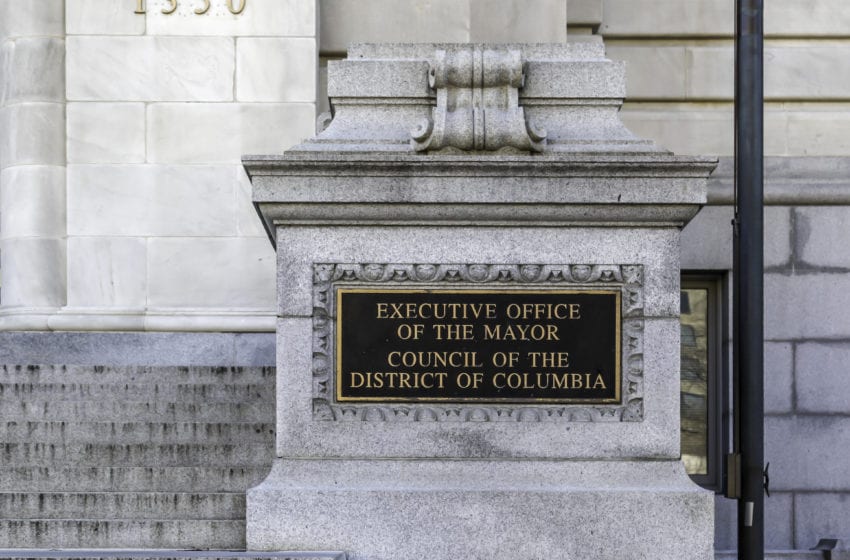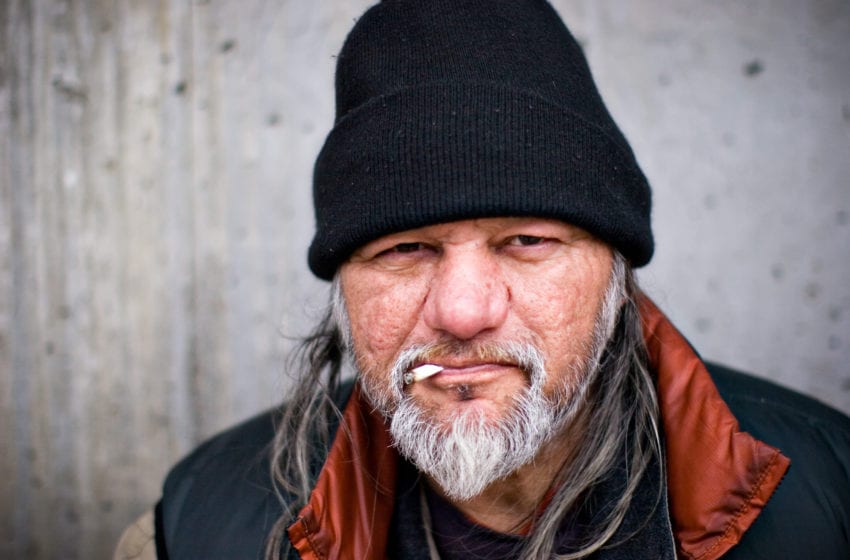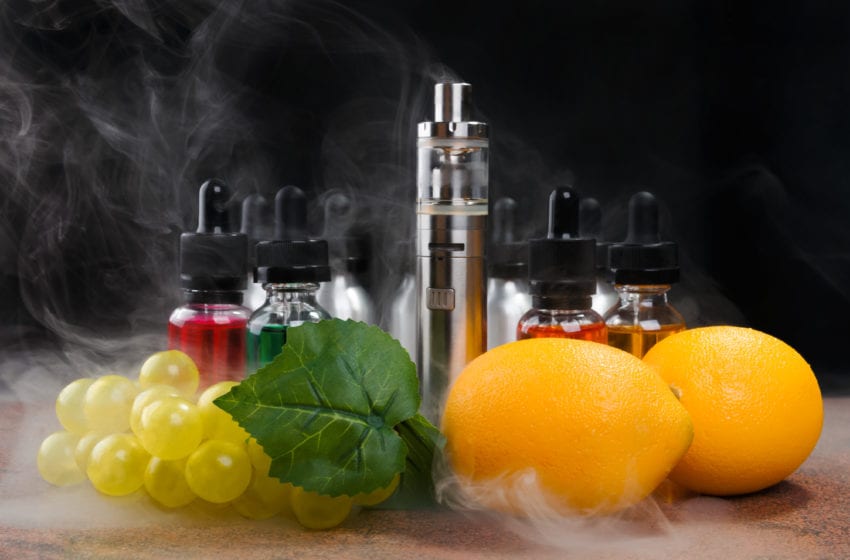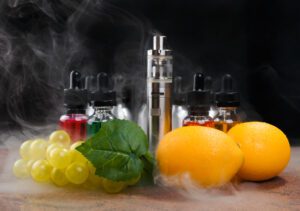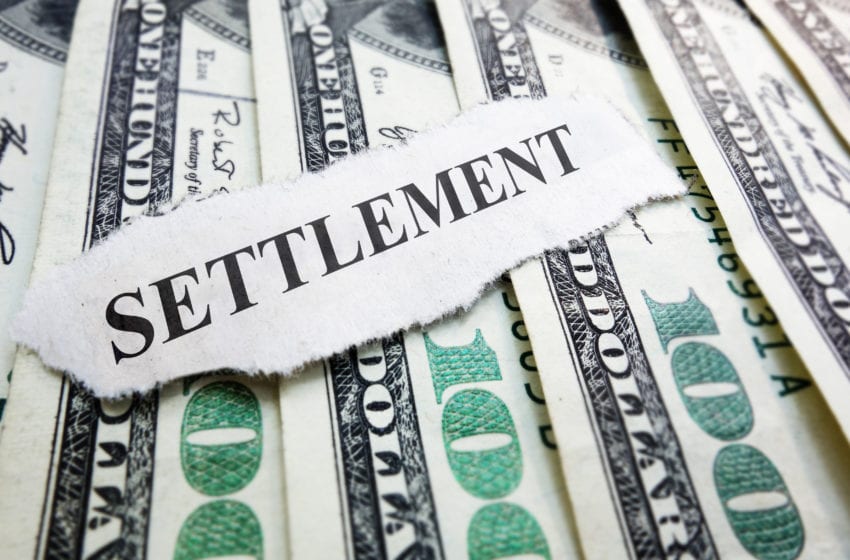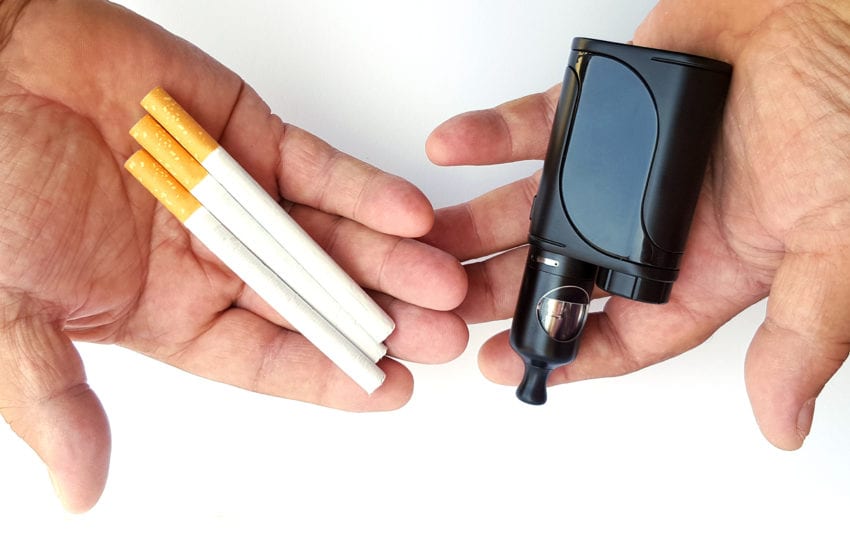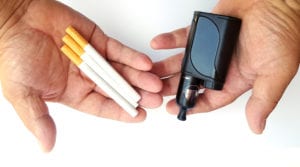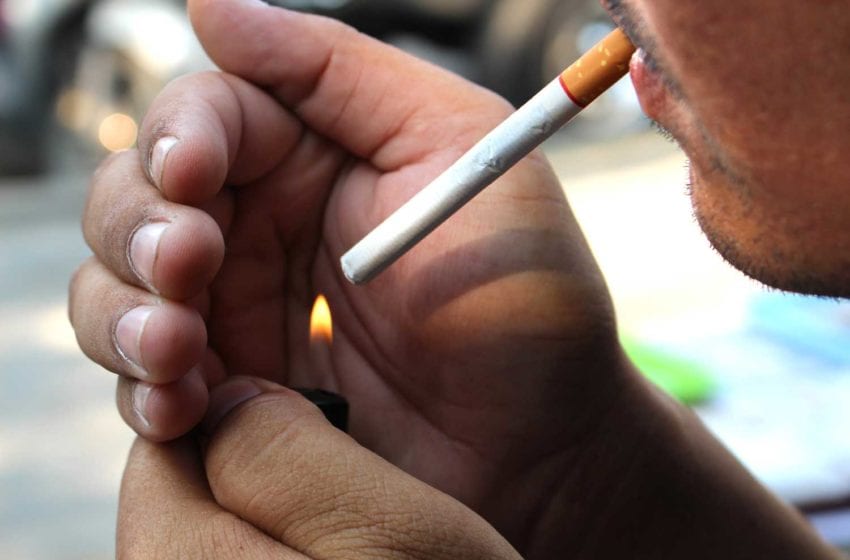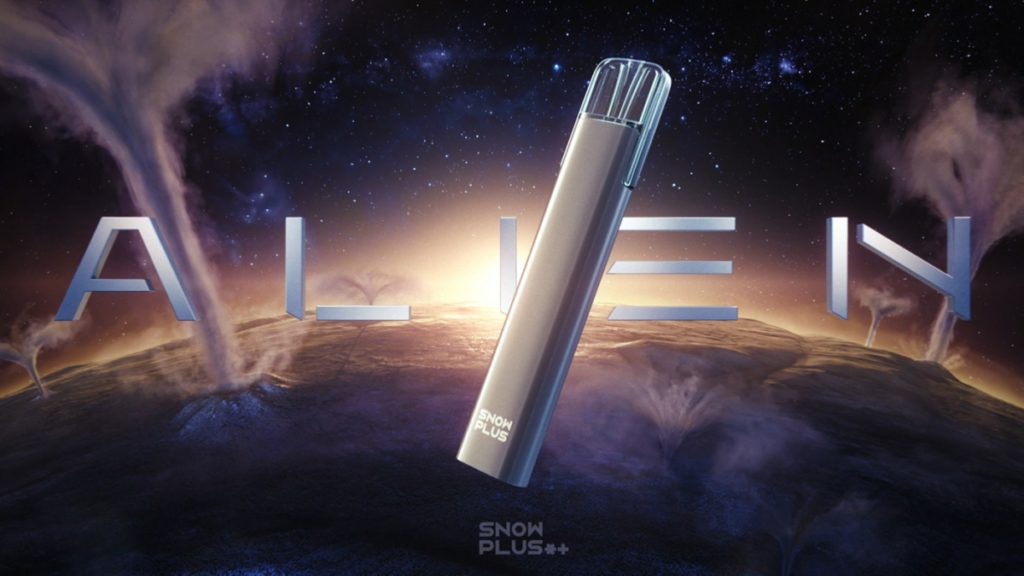New Zealand’s largest licensed medicinal cannabis company, Helius Therapeutics, has appointed Joanna Perry to its Board of Directors. The appointment comes as the New Zealand-based company prepares to enter both the domestic and international markets. Perry will serve as chairperson on the board’s Audit Finance Committee.

“Joanna’s significant governance experience, combined with her well-known inquisitive probing, will be a real asset. Her nature to challenge and always seek continuous improvement strongly aligns with Helius’ internal cultural value of staying curious,” says Carmen Doran, CEO of Helius Therapeutics.
Having raised $48m in capital since 2018, Helius has invested significantly in both its facility and talent, according to a press release. Perry’s arrival to the board of Helius is timely, with its state-of-the-art, integrated medicines manufacturing facility in Auckland’s East Tamaki set to begin production.
“Our world-class executive leadership team is complete, and our board is equally excited to bring high quality, highly efficacious medicinal cannabis products to market with an exciting R&D pipeline to follow,” says Doran.
Perry says it is a once-in-a-lifetime opportunity to be involved with such an innovative biotechnology company, leading the infancy of New Zealand’s medicinal cannabis sector. “I’m delighted to add my governance and financial experience to the vast pharmaceutical and cannabinoid medicine experience of the Helius team. It’s an incredible journey not only for Helius, but for the country,” says Perry.

